A poll published by the Wall Street Journal has found that Joe Biden is struggling with declining support from Black men, an important demographic that helped him ascend to the presidency in 2020.
The poll found that 30% of black men surveyed in swing states reported that they were “definitely” or “probably” going to support Donald Trump instead of Biden. This is much higher than the support Trump received from Black men in 2020.
Swing State Voters

The Wall Street Journal reporting results from their poll said that Biden is now losing Black supporters in swing states. Both Black men and women had decreased support in this poll, but the effect was more pronounced among men.
30% of Black men said they would vote for Trump while 11% of Black women said the same. If the poll results ring true, this would be a big pickup for Trump, who received 12% of the Black male vote in 2020, and 6% of the Black female vote.
Black Men Key for Biden
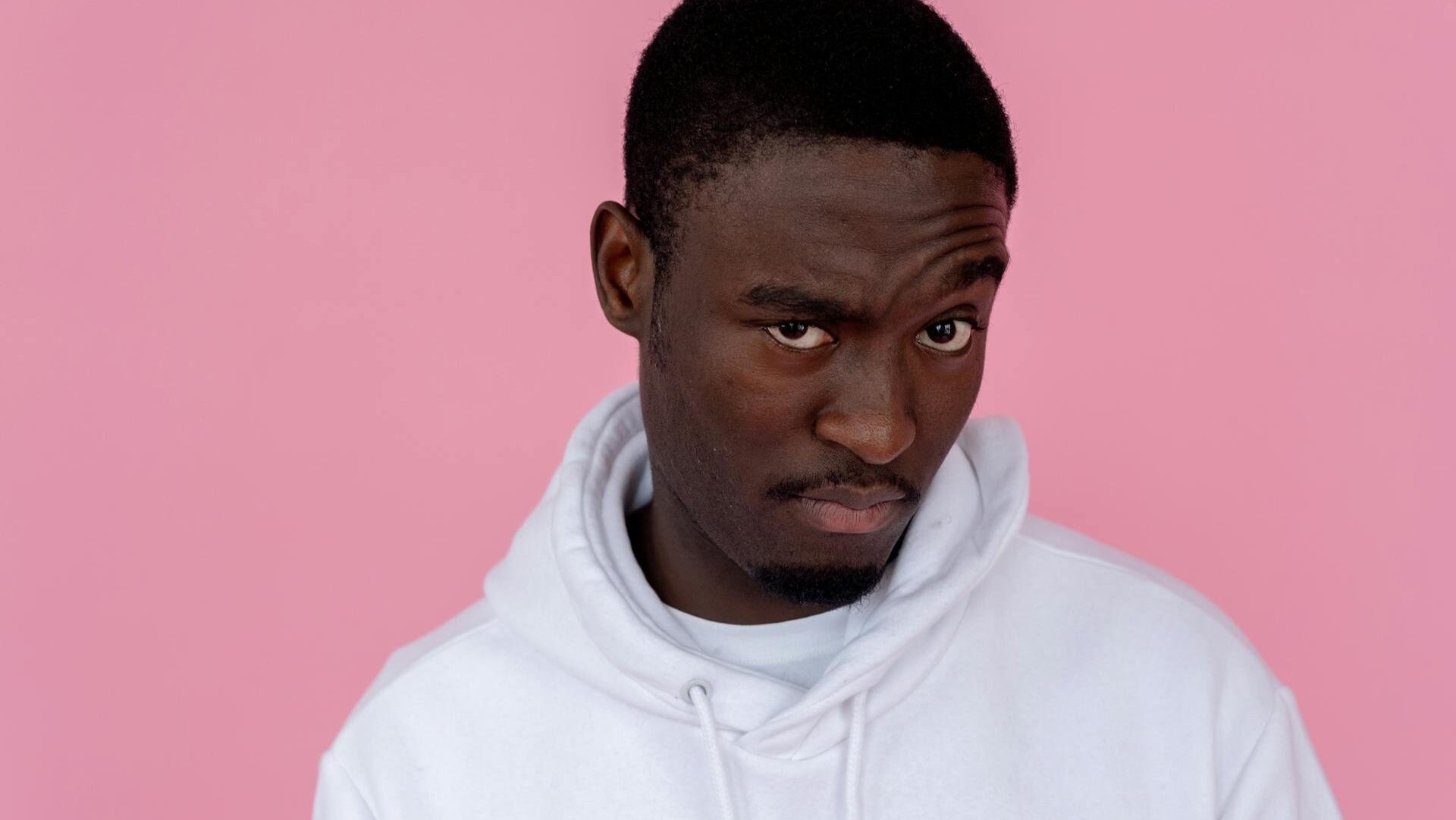
Michael Bocain, a Democratic pollster who was part of the team conducting the Wall Street Journal Survey, emphasized the importance of this voting demographic for Biden.
“I think winning back more Black men is going to be key for him,” Bocain said. National polls place the two candidates within a few points of each other, with Trump having a slight lead in swing states.
Compared to 2020
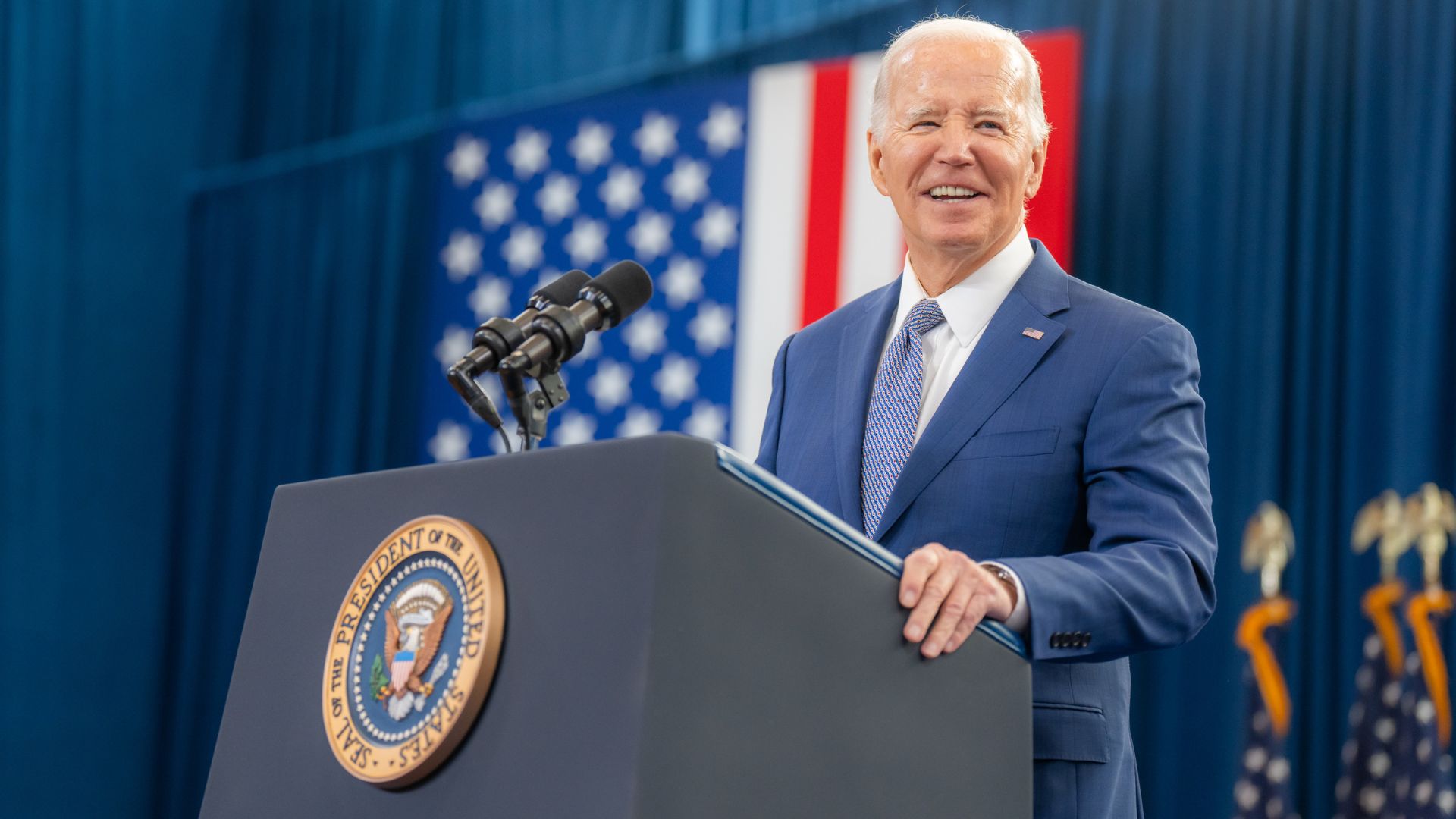
An AP VoteCast poll in 2020 found that 87 percent of black men backed Biden’s run for president, while 77 percent of Black women did the same.
A Pew Research analysis on the 2020 election listed Black voter loyalty as one of the important factors that helped Biden carry the day over Trump. Around four in ten Biden votes came from Black, Hispanic, Asian, or other non-White voters.
Trouble for Biden
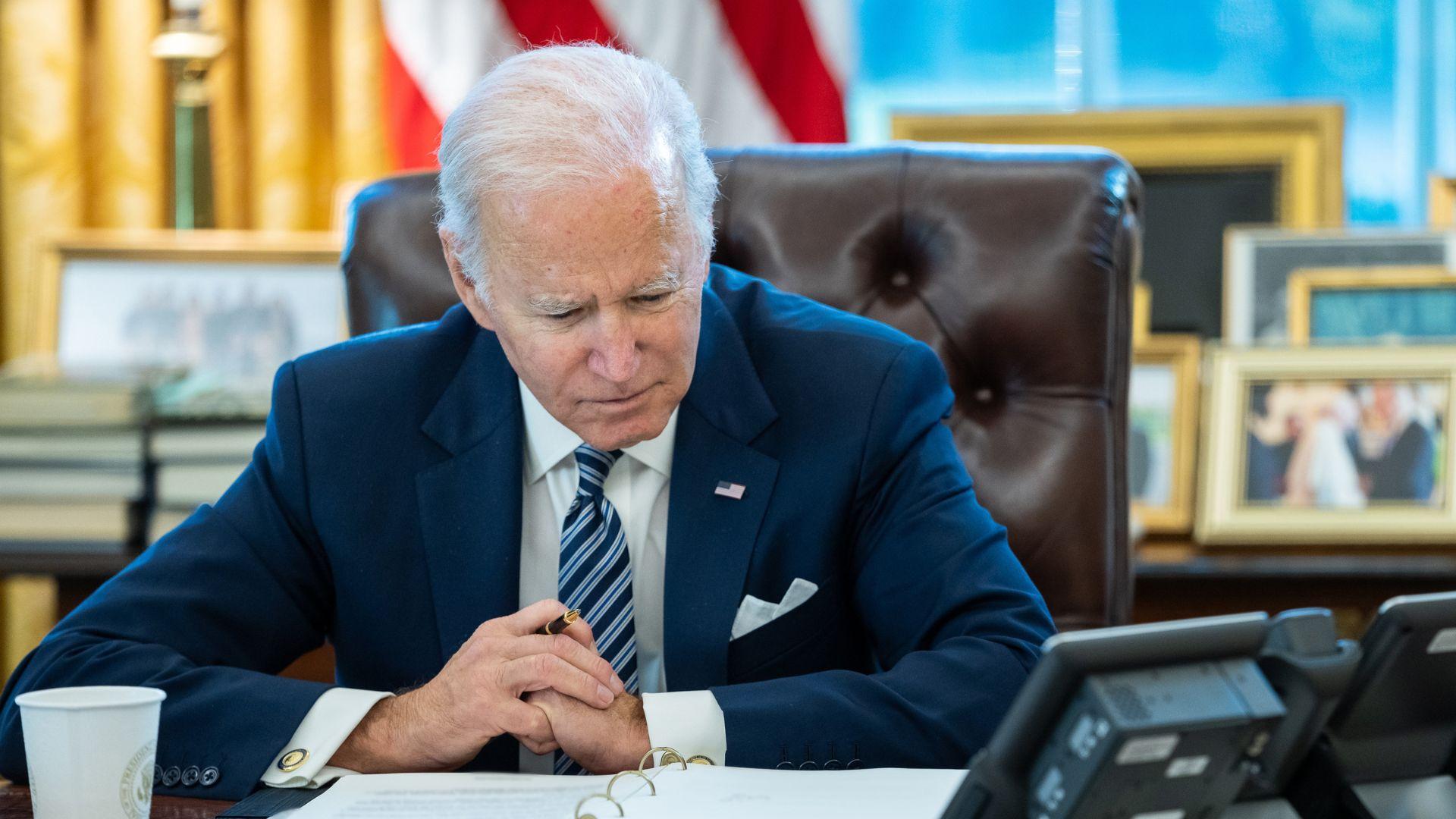
If this trend of Black voters sliding towards supporting Trump continues into the elections in November, it could spell trouble for his path to victory.
In 2020, Biden took key battleground states by a slim margin. He only won by 33,000 votes in Nevada, and the margin for victory in Arizona was only around 10,000 in a race where the two combined received over 3 million votes.
Voter Loyalty Changing
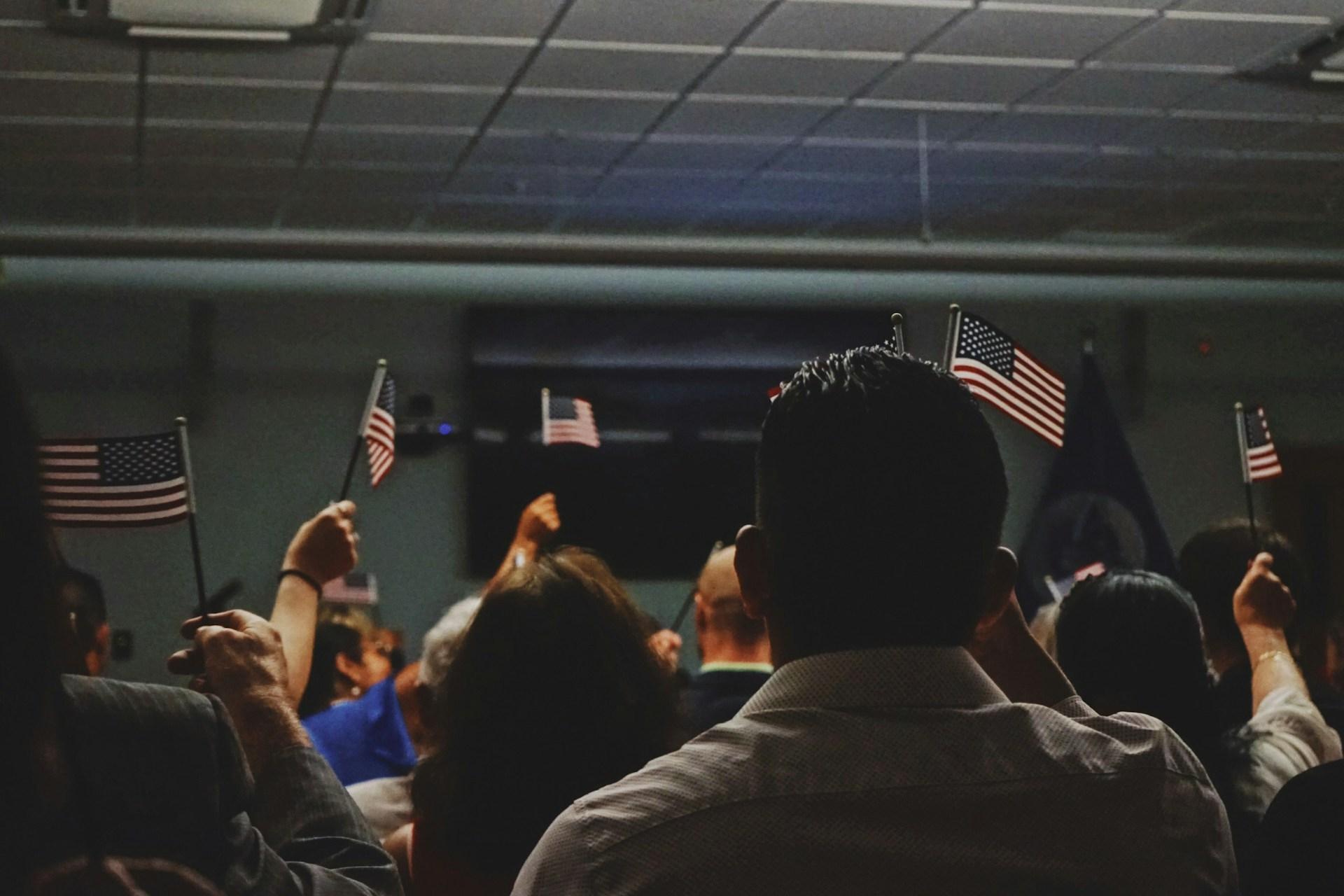
Democrats have traditionally been able to depend on Black voter loyalty to support them throughout the years. During Obama’s election in 2008, Black voter turnout exceeded White voter turnout for the first time in history. In that election, Obama received a staggering 95% of Black voter support.
However, this started to change in 2016, the election year when Obama could no longer run. Black voter turnout started to fall in 2016, culminating in a steep 10 percent drop-off between the 2018 and 2022 midterms.
Why are Black Men Rejecting Biden?
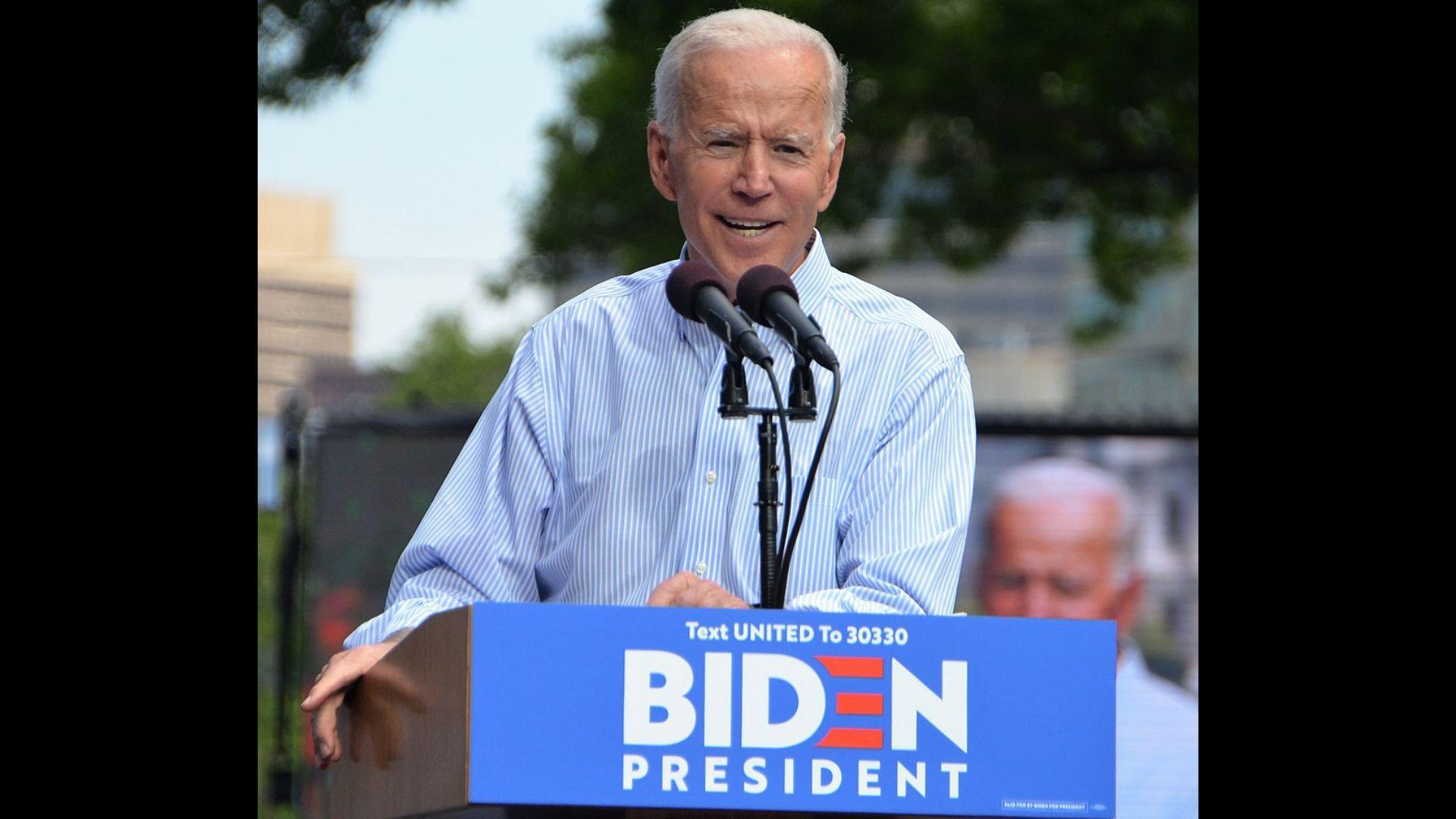
Some Black men are increasingly starting to feel that Biden and the Democratic party don’t represent their interests.
Bahta Mekonnen, a 2020 Biden Georgia voter said he feels disappointed in empty promises by Democrats. “It seems like they do a lot to try to make it seem like they are the party for young Black men or Black men as a whole, but they don’t back it with anything. They don’t follow through,” Mekonnen said.
Lurch to the Left
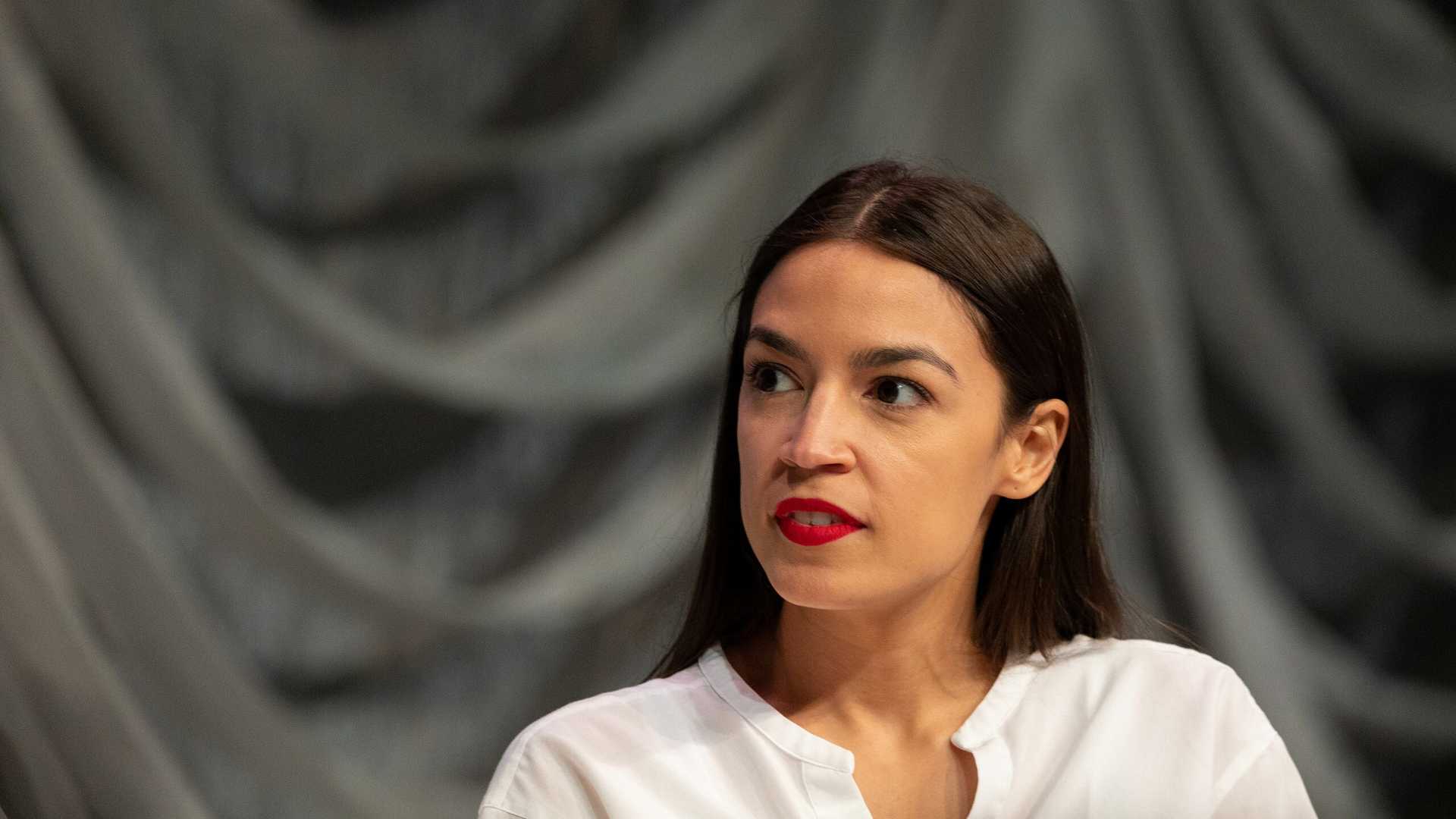
Mekonnen feels like the Democrat party is rushing to the left too quickly for his liking and wishes they would focus more on the economy.
“I’m probably getting turned away from the left, just because the Democrats are turning more left in my books,” Mekonnen said.
Taken For Granted
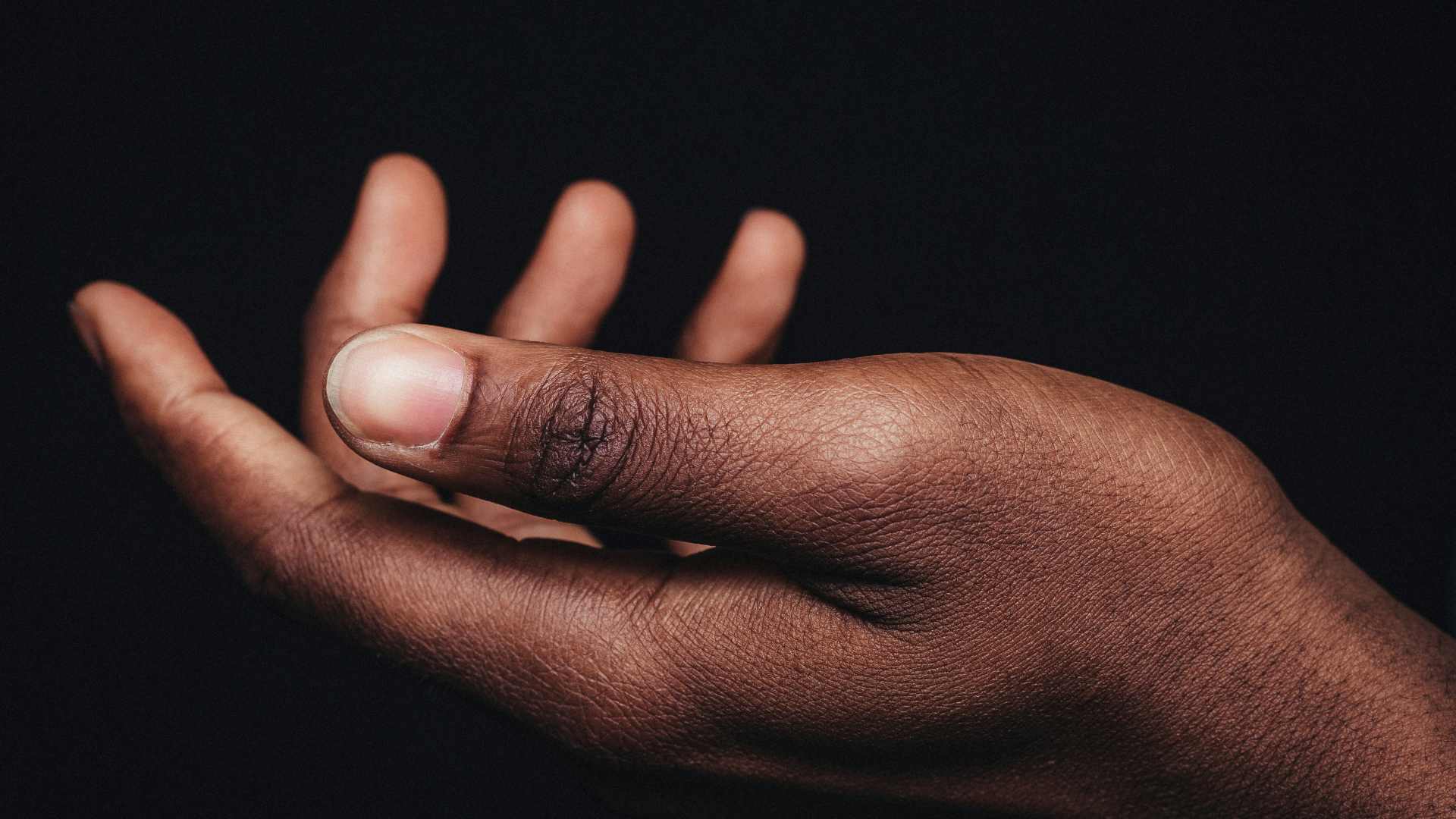
Some black voters, especially black men, feel that they have been taken advantage of for a long time by Democrat leadership, with not much to show for it.
“Democrats need to understand that there is a growing population, especially with Black men, who are reaching the point of being fed up with always being pushed over and looked over,” said LeLann Evans, a political campaign manager.
Low Approval
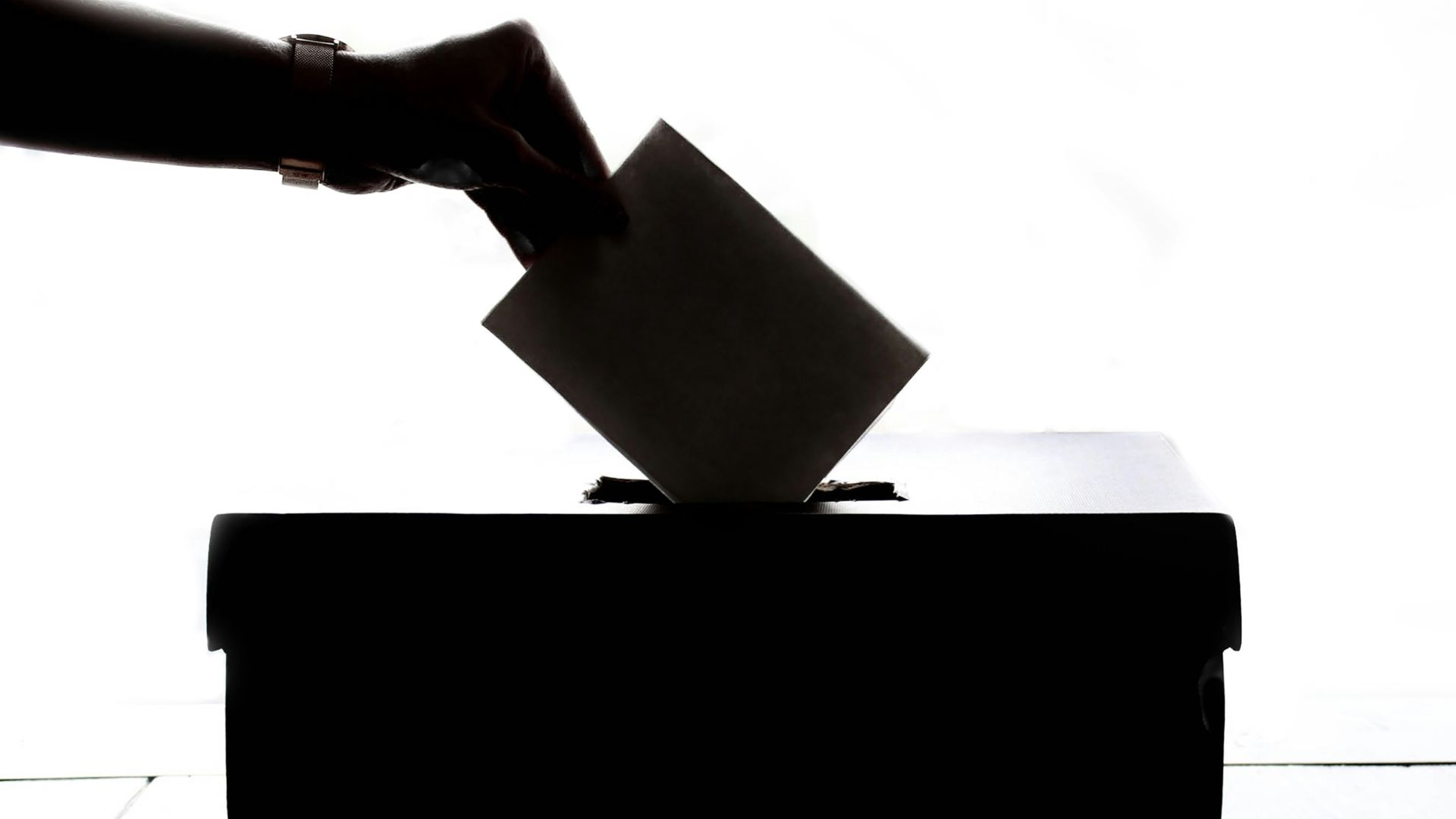
Another more general reason for a broader drop in support among traditional Democrat allies is Biden’s low approval rating. When Biden took office he had an approval rating in the high 50s. However, Biden ended 2023 with an approval rating of 39% according to Gallup.
This low approval existed in the context of years of high inflation which caused many Americans economic hardship.
Inflation on Black Americans

Consecutive years of high inflation in the economy disproportionally affected Black Americans. Black households face a 13.5 percent higher inflation volatility, meaning it is harder for Black Americans to hold on to savings and predict the cost of consumption in the future.
CNN reported in 2022 that Black Americans were bearing the brunt of rising prices on items like groceries, gas, and housing. The reporting cited the fact that Black families have lower rates of generational wealth, savings, and home ownership.
Relating With Trump
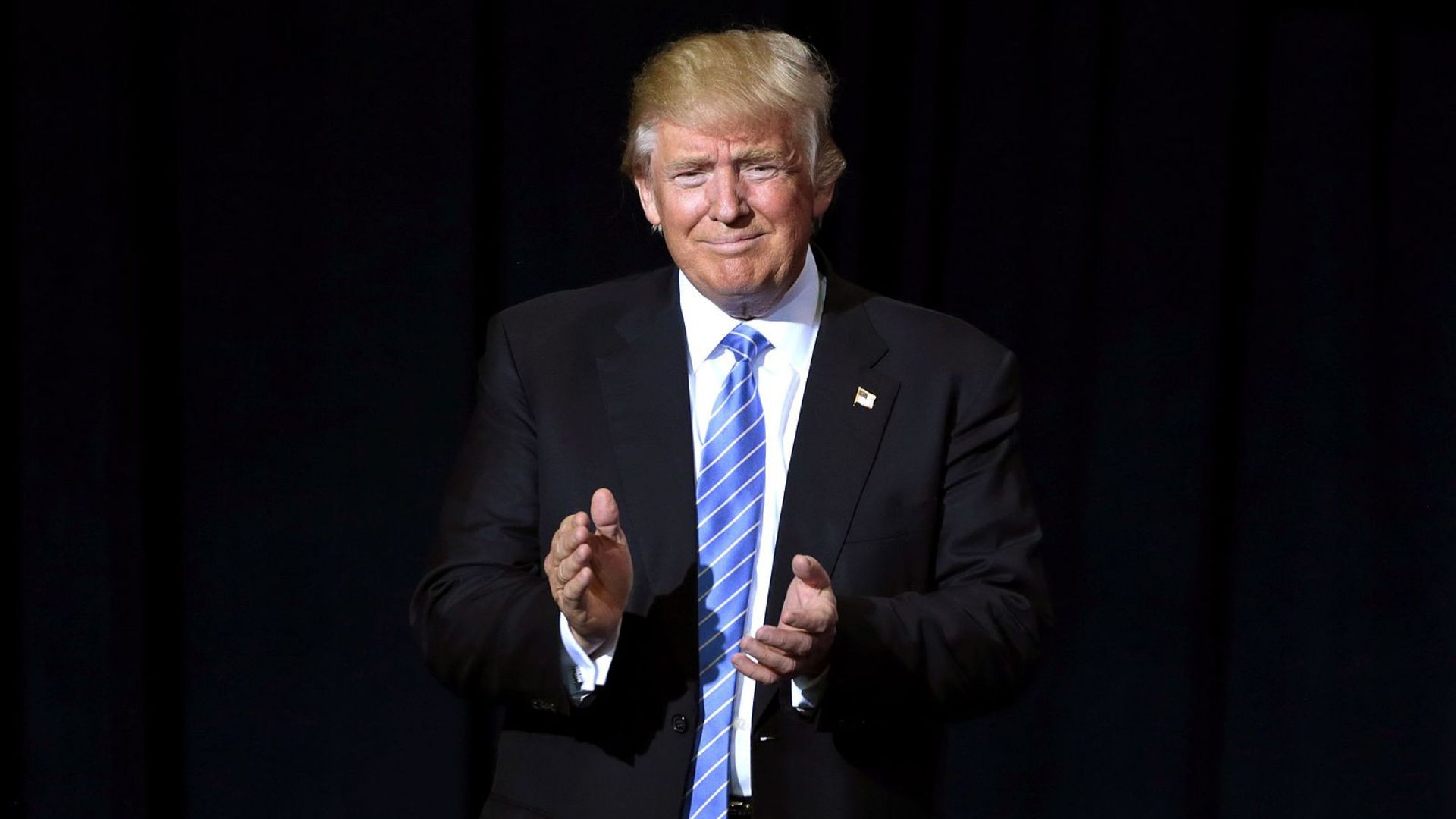
Black supporters of Trump like the fact that Trump doesn’t speak like a standard politician, whom they see as disappointing them over the years.
“He doesn’t speak like the average politician with a bunch of jargon,” said Paul Wigham of Milwaukee, describing the appeal he sees of Trump. “His rhetoric is scathing at times, a lot of people say it’s hurtful, demeaning to other ethnicities and races and stuff like that. But I think he speaks plain English.”
